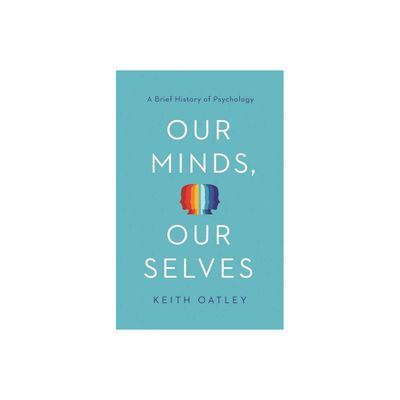Home
On Our Mind: Salience, Context, and Figurative Language
Loading Inventory...
Barnes and Noble
On Our Mind: Salience, Context, and Figurative Language
Current price: $140.00


Barnes and Noble
On Our Mind: Salience, Context, and Figurative Language
Current price: $140.00
Loading Inventory...
Size: OS
*Product Information may vary - to confirm product availability, pricing, and additional information please contact Barnes and Noble
In this volume, Rachel Giora explores how the salient meanings of wordsthe meanings that stand out as most prominent and accessible in our mindsshape how we think and how we speak. For Giora, salient meanings display interesting effects in both figurative and literal language. In both domains, speakers and writers creatively exploit the possibilities inherent in the fact that, while words have multiple meanings, some meanings are more accessible than others. Of the various meanings we encode in our mental lexicon for a given word or expression, we ascribe greater cognitive priority to some over others. Interestingly, the most salient meaning is not always the literal meaning. Giora argues that it is cognitively prominent salient meanings, rather than literal meanings, that play the most important role in the comprehension and production of language. She shows that even though context begins to affect comprehension immediately, it does so without obstructing the early accessing of salient meanings. Thus, the meaning we first attend to is the salient word meaning, regardless of contextual bias. Knowledge of salient meanings turns out to play a major role, perhaps the most important role, in the process of using and understanding of language. Going beyond the familiar effects of literal meaning and context, the Graded Salience Hypothesis presents the most comprehensive explanation for how we use language for meaning. In this volume, Giora presents her new model for the first time in a book-length treatment, with original and illuminating perspectives that will be of interest to linguists, philosophers, psychologists, and all who want to know more about just how we understand what we mean.


















